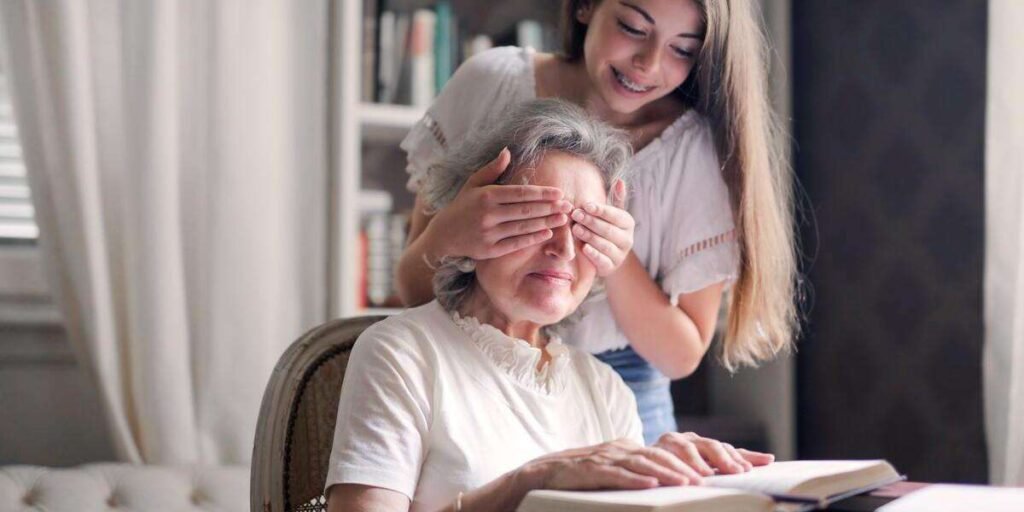
Hate Old People? How to Improve Ageism
As you get older, you will easily become outdated and will you eventually be eliminated? As everyone knows, in an era when the general environment is not good, and the gap between the low salary of young people and the assets of their elders is getting wider and wider, this kind of thinking can easily evolve into generational conflict, and anti-elderly attitudes can be seen everywhere.
Definition of ageism
Fierce remarks such as “taking care of the elderly who are not productive is a waste of national resources” are not only circulating on the Internet, but also radicals who turn age discrimination into action. Hayato Imai, a former nursing home employee in Kawasaki City, Kanagawa Prefecture, Japan, was under great pressure during the night shift in 2014 and deliberately pushed three elderly residents in the hospital to their death from the balcony. Such horrific behavior further highlights the impact of anti-age mentality on the physical and mental well-being of the elderly.
The World Health Organization (hereinafter referred to as WHO) also recognizes the seriousness of ageism (also known as ageism and ageism). WHO pointed out: “This is stereotypes, prejudice and discrimination that attack others based on their age… For the elderly, age discrimination is a challenge they face every day. Whether it is being ignored in job hunting, being limited in social resources, Ageism, such as stereotypes in the media, marginalizes the elderly and excludes them from the community.” What’s worse: “Although ageism is ubiquitous, it is the most “justified” prejudice in society. Compared with As with racial discrimination and sexism, ageism is rarely opposed.
In addition, a study by Yale University in the United States also found that elderly people with a positive attitude towards their own aging can live 7.5 years longer than those with a negative attitude. If we can change the anti-age culture and no longer discriminate against the elderly, it will help improve the problem of the elderly “not feeling good” about old age.
A recipe for eradicating generational conflict
The good news is that we can still eliminate generational conflict. According to research by Cornell University in the United States and the University of Toronto in Canada, the following two intervention methods are found:
1.Elderly-related education is indispensable
Through classroom education, we inform students about the aging process from a biological perspective and help students break the stereotype that “old people will develop dementia and live in nursing homes for a long time.”
In fact, there are many elderly people in Taiwan who live a shining life, such as Taiwanese philanthropist Chen Shuju, who was listed among the “Top 100 People of the Times” in 2010. Born in 1951, he has been selling vegetables for charity, donating money to build a library and a care fund for poor cancer patients, and has accumulated more than 10 million yuan, proving that age is not necessarily inversely proportional to mobility.

2.Promote intergenerational exchange activities
Some young people may know the elderly as the elderly in their family. If I’m not bedridden, I’m sitting on the sofa watching TV. In fact, the elders’ views on life are surprisingly valuable. After all, with rich life experience, you must have a deeper perspective.
In North America, researchers suggest that medical students go to art galleries with their elders to discuss aesthetics and art schools. College students and elders can also become netizens and use email to chat about important questions in life or doubts about job hunting. Taiwan also has an experimental plan of “green and silver co-living”, which means that young people and old people become roommates, live together and support each other.
Researchers have found that the above-mentioned activities are actually very effective, and young people can really see the elderly in a new light. The change in attitudes toward elders is particularly significant among middle school students, young people in their early twenties, and female subjects. This means that when young people see the wisdom of the silver-haired people and are inspired, sincere respect will inevitably arise.
We often say: Death is inevitable. Maybe we have to remind ourselves from time to time: we will inevitably grow old. If we want to live with dignity when we are gray-haired, then we should bring dignity to our elders and show their value. Because we really need the wisdom of our elders to give us new inspiration.












